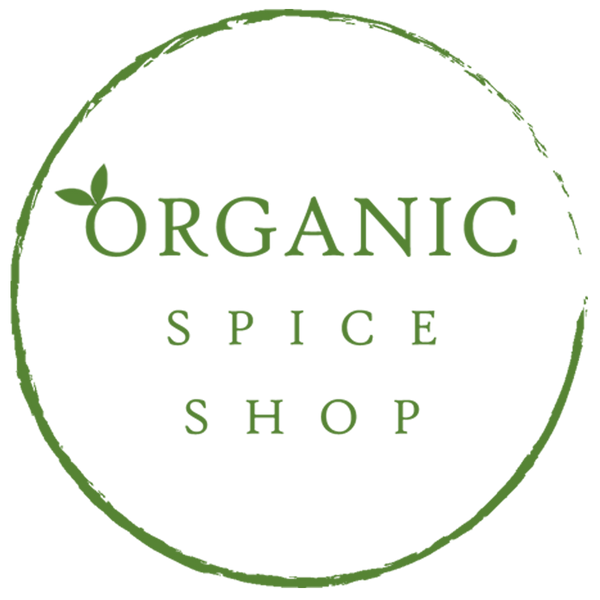
From Tree to Table: The Fascinating Journey of Organic Spices
Spices have long been the heart of global cuisine, adding depth, aroma, and richness to dishes across cultures. Yet, the journey of these flavorful treasures from tree to table remains largely unseen by consumers. In this article, we explore the cultivation of two beloved spices, cinnamon and cloves, and the sustainable farming practices that ensure their purity and ethical sourcing. We’ll also highlight how consumers' choices impact small-scale farmers and environmental preservation.
Organic spice farming embraces a holistic approach that nurtures the environment while ensuring product purity. Traditional spice-growing regions, such as Sri Lanka, India, and Madagascar, are now seeing a resurgence of organic methods that prioritize biodiversity, soil health, and eco-friendly cultivation. Sustainable farming avoids synthetic pesticides and fertilizers, instead relying on composting, crop rotation, and intercropping techniques that enhance the land’s natural fertility.
Cinnamon, known for its warm and sweet aroma, originates from the inner bark of Cinnamomum trees. Farmers carefully strip the bark from mature trees, allowing the outer bark to regenerate naturally. The harvested bark curls into quills, which are then sun-dried and sorted by quality. In organic farms, this process is carried out without chemical intervention, ensuring that the final product is free from harmful residues. The certification process for organic cinnamon is rigorous, verifying that cultivation and processing meet international organic standards.
Cloves, derived from the flower buds of the Syzygium aromaticum tree, undergo an equally meticulous process. Grown in humid tropical climates, organic clove trees thrive without synthetic inputs. Farmers handpick the unopened flower buds before they are sun-dried to preserve their essential oils and potency. Ethical sourcing ensures that farmers are paid fair wages for their labor, strengthening local economies and supporting sustainable livelihoods.
Organic certification is more than just a label, it’s a guarantee of sustainability, purity, and ethical farming. Certified organic spices meet stringent international standards that prohibit synthetic chemicals, promote biodiversity, and protect soil health. Additionally, fair trade programs ensure that farmers receive fair compensation, work under ethical conditions, and benefit from sustainable harvesting practices. By choosing certified organic spices, consumers play a role in supporting responsible agricultural practices that benefit both people and the planet.
Sustainable spice farming also has profound environmental and economic impacts. By eliminating synthetic pesticides and fertilizers, organic farming reduces soil and water contamination, protects biodiversity, and enhances climate resilience. Small-scale farmers benefit from ethical trade programs, preserving traditional farming knowledge while improving their quality of life. Consumer demand for organic products incentivizes more farmers to transition to sustainable practices, driving positive change within the spice industry.
Consumers can support sustainable spice farming by making mindful purchasing decisions. Opting for organically certified and fair trade spices ensures that the spices you use in your kitchen are produced responsibly. Buying from reputable sources or directly from farmers helps eliminate exploitative middlemen and ensures a fairer distribution of profits. Proper storage of spices in airtight containers extends their shelf life, reducing waste and maximizing their value. Spreading awareness about the benefits of organic and ethically sourced spices further strengthens the movement toward sustainability.
The journey of organic spices from tree to table is one of dedication, tradition, and sustainability. By choosing ethically sourced and organically certified spices, consumers contribute to environmental conservation, fair trade, and healthier communities. The next time you reach for cinnamon or cloves to flavor your favorite dish, remember the careful hands and sustainable practices that brought them to your table. Every choice we make can support a healthier planet and a more equitable future for spice farmers worldwide.
